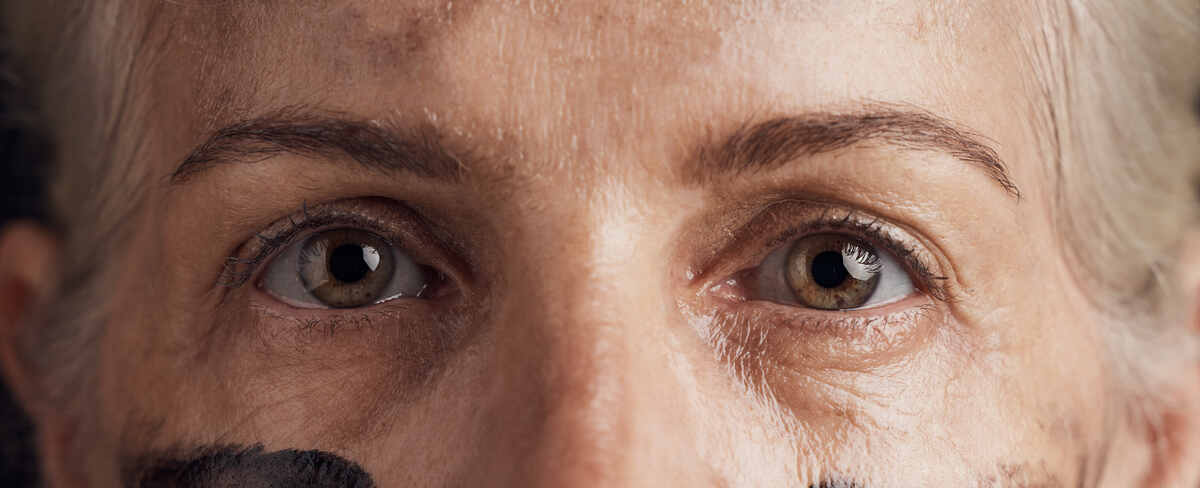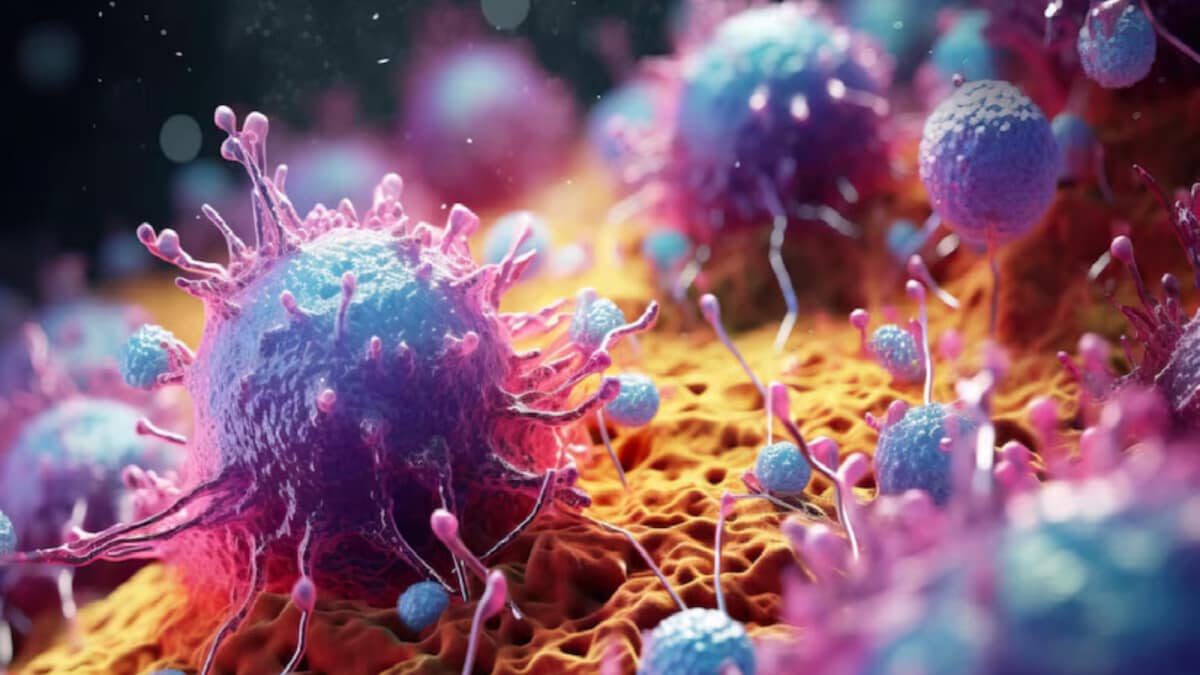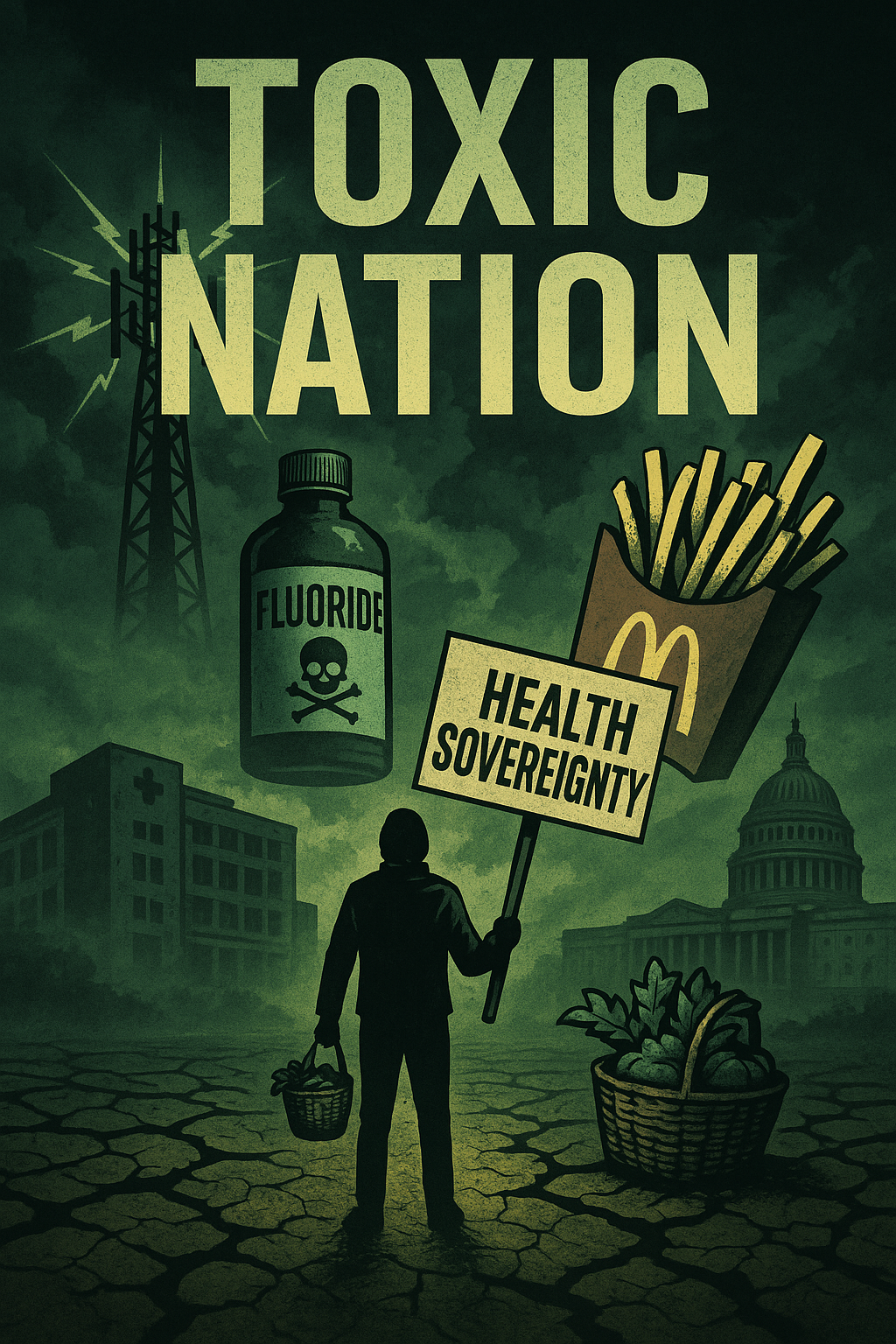- EARTH TO AILMENT
- Posts
- Earth To Ailment #55
Earth To Ailment #55


The debate over "rope worms" is nothing short of absurd. Are these so-called parasites actually just mucus—exaggerated remnants of our digestive systems—or are they mind-boggling new invaders? The latter, proposed by Dr.
Alex Volinsky in a paper with no peer review, sounds suspiciously like pseudoscience at its finest. Believers, often dabbling in dangerous treatments like ivermectin, claim that failing to expel these "worms" could lead to cognitive decline.
Yet, scientific scrutiny dampens these claims, pointing out that the DNA of these "parasites" is over 99% human. This raises a critical question: are we being hoodwinked by a conspiracy of health zealots preying on our fears about gut health? While maintaining a healthy diet is undeniably important, it seems that the more we dig into the "rope worm" lore, the clearer it becomes: the statements are sensationalized nonsense, not rooted in credible scientific evidence.

Gif by IntoAction on Giphy

The claims surrounding nutmeg and licorice as cures for dark circles are nothing short of ludicrous. Social media influencers tout these ingredients as age-old remedies capable of miracle fixes, but they're mostly peddling misinformation.
Despite a smattering of anecdotal evidence, scientific backing is virtually nonexistent. Nutmeg, while it may offer some skin benefits, poses serious risks for sensitive under-eye skin, potentially leading to irritation rather than resolution.
Licorice has some pigmentation-reducing properties, but the effectiveness of homemade concoctions is laughable at best—raw ingredients lack the potency of carefully formulated products. The reality? Dark circles stem from various factors such as genetics and aging—issues that nutmeg and licorice can't even touch.
It's high time we stop glorifying DIY remedies and face the truth: genuine skincare requires comprehensive approaches and professional guidance. So, before you dab on that nutmeg-laden mixture, remember: Instagram isn't a skincare clinic.

In a world obsessed with flawless skin, keratosis pilaris (KP) stands out as a common yet marginalized condition, impacting 50% to 80% of teenagers and many adults. But can we stop pretending it's merely a harmless "skin variant"? Experts openly admit that KP is chronic and incurable, which feels like a slap in the face to those who are bombarded with "solutions" by the beauty industry.
This article promotes a laundry list of over-the-counter treatments, giving the false impression that with enough exfoliation and moisturizing, one can achieve smooth perfection. The anxiety surrounding KP is fueled by an unrealistic societal obsession with beauty.
Instead of pushing products, maybe it’s time we acknowledge that KP is a genetic reality for many. So, while dermatologists suggest using a cocktail of acids and creams touted as "miracles," they often overlook the fact that acceptance—or at least indifference—might just be the best approach.

Berberine is being hailed as "nature’s Ozempic," but can we really trust this claims after the miraculous weight loss stories surrounding Semaglutide? While berberine, a plant alkaloid, offers some benefits like improved blood sugar control and modest weight loss, calling it a natural equivalent to Ozempic is misleading. There's no FDA approval for berberine as a weight-loss treatment, and its results are often subtle at best, with individuals shedding only a few kilograms over weeks or months.
Unlike Ozempic’s appetite-suppressing power, berberine’s weight loss effects depend on metabolic adjustments that are far less substantial. Add to this the potential side effects—gastrointestinal discomfort, anyone?—and it’s clear that berberine might not be the miracle herb many hope it is.
So, before you toss your Ozempic prescription, it might pay to think critically about this supposed "natural alternative.

In a shocking revelation, the article "False Hope, Real Harm: How Online Misinformation Endangers Cancer Patients" uncovers the lethal dangers posed by rampant misinformation regarding cancer treatments. Patients desperate for hope often fall prey to myths perpetuated through social media and dubious online platforms.
From turmeric being touted as a miracle cure to the belief that alkaline diets can replace chemotherapy, these dangerous fallacies lead vulnerable patients to delay or abandon crucial medical care. Medical professionals sound the alarm, arguing that the spread of unverified information, particularly in rural areas, is making the long battle against cancer even harder.
While some may dismiss this phenomenon as mere ignorance, it is truly a tragedy steeped in exploitative sensationalism. The article calls for a proactive response from the medical community, urging empathy, education, and a firm rejection of pseudoscience.
In a world awash with information, the real shame lies in the detrimental choices people make based on misleading narratives.

In "Toxic Nation," a documentary funded by the MAHA Commission, the filmmakers launch an all-out assault on modern medicine and public health institutions, framing a sinister narrative that accuses regulatory bodies of colluding with Big Pharma and Big Food to perpetuate chronic illness through environmental toxins. They present a clichéd return-to-nature argument, claiming today's health crises stem from chemical exposures and processed diets rather than personal choices.
With dubious comparisons—like likening a French fry to a cigarette—the film exemplifies an emotional oversimplification that downplays multifaceted health determinants. Critics might argue this populist, guilt-laden messaging manipulates viewers seeking genuine answers in a chaotic health landscape.
While it raises valid concerns about corporate influence, it offers little more than ideology, leaving viewers trapped between distrust of traditional medicine and a whimsical reliance on wellness influencers. Amidst hyperbolic claims and feel-good remedies, the film underscores a larger cultural hysteria—fostering division and paranoia rather than genuine understanding.

Cancer experts are sounding the alarm over the reckless embrace of dubious treatments like coffee enemas and juice diets by patients desperate for quick fixes, rather than adhering to scientifically backed therapies. At a major cancer conference, oncologists revealed a disheartening trend: misinformation is driving patients away from evidence-based treatments, leading to preventable deaths.
Dr. Fumiko Chino highlighted an “acute” rise in dangerous cancer myths, fueled by distrust in medical professionals and the allure of miracle cures spread through social media.
This false sense of hope not only undermines patients’ health but also poses a dire public health threat. Experts like Dr.
Julie Gralow and Liz O’Riordan stress the need for clearer communication and a stronger online presence from medical professionals to combat the tidal wave of misleading information. As patients turn to quackery, the ugly reality is emerging: trusting the internet over conventional medicine could cost lives.